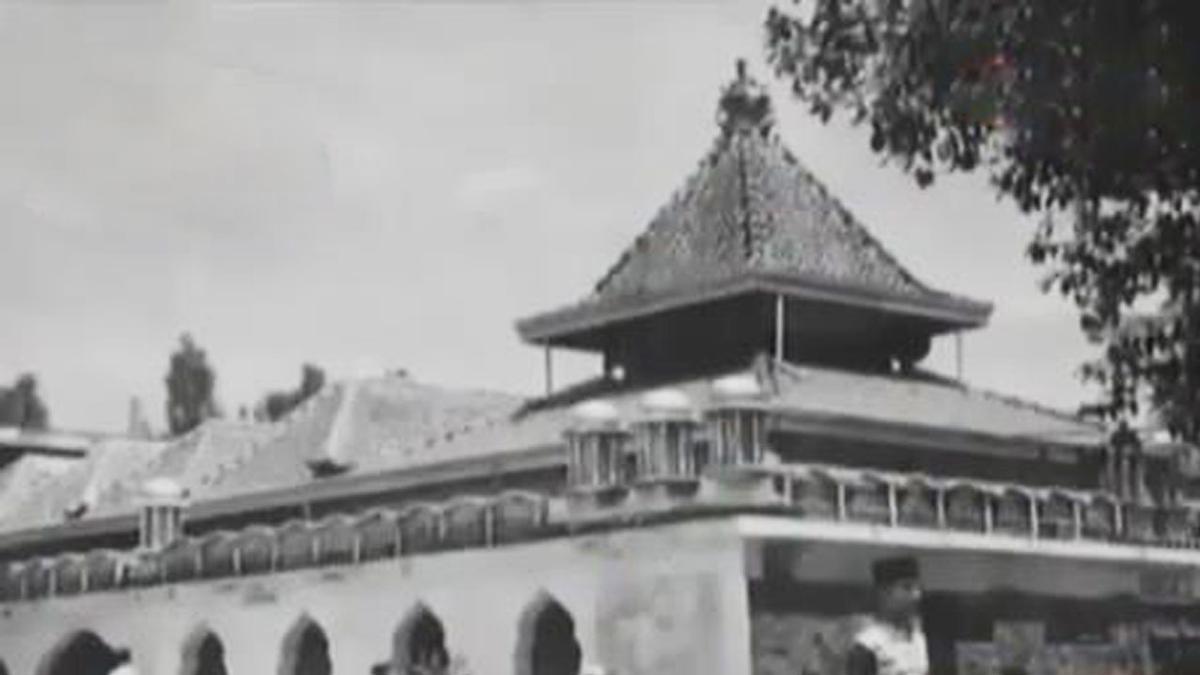What comes to mind when you first hear the term “Pesantren”? A place filled with teenagers harboring extremist Islamic ideologies? The epicenter of modern terrorism? Or other negative perceptions? Well, these views are widely unsupported and contradict the majority’s beliefs. Single instances of evidence cannot justify all facets of a matter. Consequently, we must deeply analyze and consider the media’s coverage of Pesantren, juxtaposed with the reality they present.
Indonesia, with its multicultural society, should take pride in the existence of Pesantren within its education system. Pesantren exemplifies how local culture and religion can collaborate and converge. The arrival of Islam in the Nusantara region did not obliterate its local culture but instead intermingled with it.

Moreover, Pesantren has always played a vital role in moderating radical and secular ideas within Islam in Indonesia. Throughout history, figures like Abdurrahman Wahid, known as Gus Dur, and Syafii Maarif, known as Buya Syafii, have maintained Indonesia’s identity of plurality and moderation.
Muslim Indonesian Identity
Historically, Pesantren is rooted in the pre-Islamic era of Indonesia and Hindu-Buddhist traditions. In his book “Menggagas Pesantren Masa Depan,” Abdul Munir Mulkhan argues that the term “santri” within “pesantren” is derived from the Tamil language, meaning a religious teacher. Robson, however, suggests “santri” refers to people living in impoverished houses or religious buildings. Conversely, C.C. Berg believes it originates from an Indian language and refers to those studying holy texts.
Pesantren, with its boarding school system and Islamic knowledge system, is also known in other Muslim regions such as Madrassa (Pakistan, India, and Bangladesh), Hawza (Iran), Maktab (Egypt and other Arab countries), Zawiyya (Algeria, Morocco, Libya, and Tunisia), and Khalwa (Sudan).
Kyai plays a vital role in the Pesantren system; they are respected by their santri as ascetic teachers and religious leaders. The mosque becomes the Kyai’s office, providing lectures and guidance. However, as the number of santri increased and the mosque could no longer accommodate them, the Kyai decided to build dormitories. Thus, three elements are intrinsic to Pesantren: the prominence of Kyai, the mosque as the activity epicenter, and the santri’s obedience to Kyai and their society.










